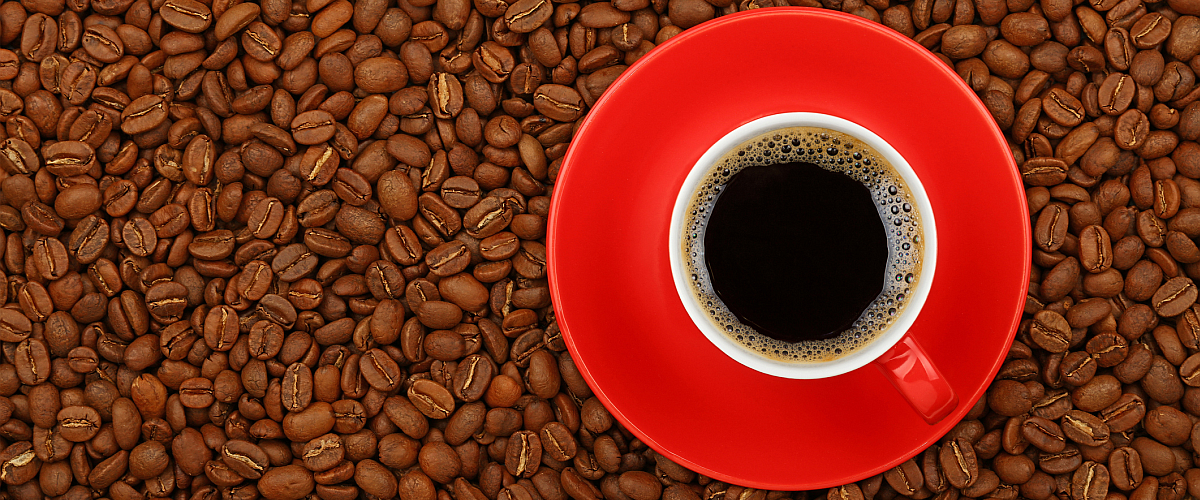
The Pressing Questions on Pressed Beans
Brew a second pot or ditch it completely? Coffee is one of the most popular drinks in the world, and it seems there’s always a new scientific study touting its health benefits. It leaves many of us to wonder where to go for the best information. Emily Ackerman, Aramark Registered Dietitian Nutritionist, is here to deliver some good news, to clear up confusion and to share tips to create a healthier coffee habit.
Is Coffee Good for Me?
Studies have found benefits from sipping on that roasted goodness, including antioxidants and a surprising ingredient: “Coffee contains the soluble kind of fiber that’s also found in whole grains and may help lower your cholesterol,” Emily explains. “It dissolves in water, which is why you don’t notice it.” One cup of joe also contains riboflavin, manganese and potassium. What a great way to start your day! MORE BEAN-EFITS
How Much Should I Be Drinking?
Like everything else we consume, portion control is a must. “Most healthy adults can safely have up to 300 milligrams of caffeine a day, which is about three cups of coffee,” Emily advises. “The best way to track your caffeine consumption is to know how much is actually in your favorite caffeinated drinks.” Not all coffee drinks are created equal, as Emily points out on our blog. RULE OF THREE
What About My Latte?
You don’t have to become a black coffee drinker to make healthy choices. Emily suggests going down a drink size or reducing add-ins at your favorite coffee shop. “When you choose what goes into your coffee, you may realize you prefer a simpler concoction than you get at the local café, with less added sugar,” she says. SKIP THE WHIP
Note: Since everyone’s health history and nutritional needs are so different, please make sure that you talk with your doctor and a registered dietitian to get advice about the diet and exercise plan that‘s right for you.



